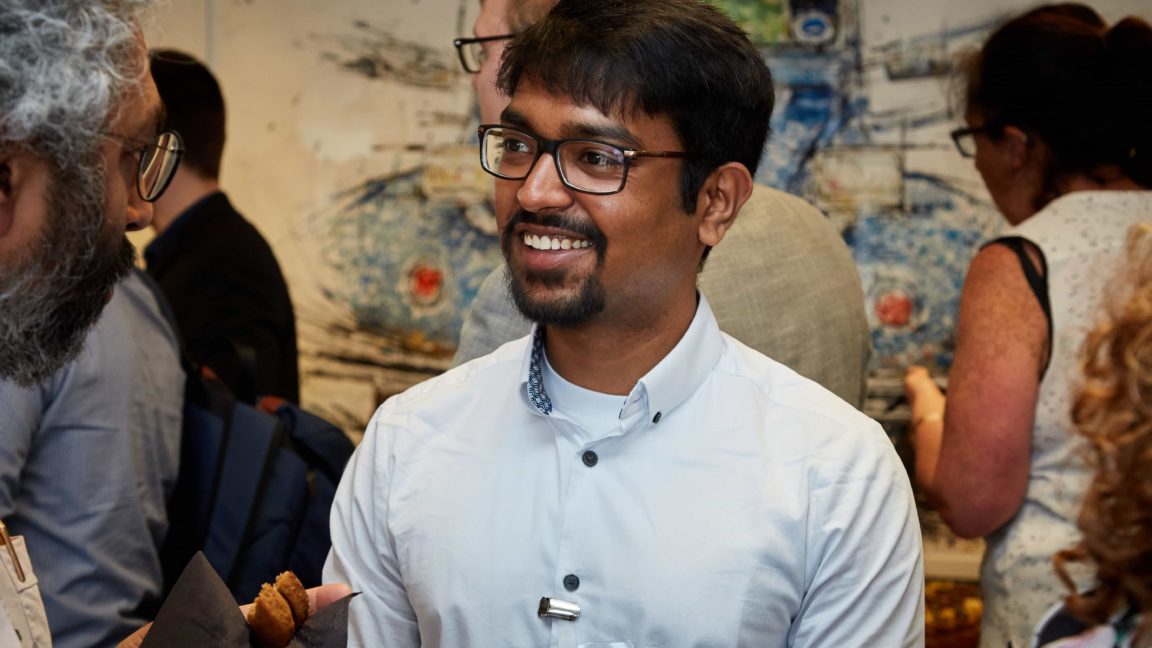How researchers are using the Translate Secondment Scheme
Last February, Translate opened the first of two secondment calls running in 2019 that support academics in developing innovation skills and progressing technologies towards clinical application.
Of the secondments successfully funded, more than half have allowed academics from Translate partner universities to work directly with companies or clinical partners to access specialist equipment, expertise and collaborate on research projects.
One opportunity has allowedSheffield Hallam University researcher Dr Ruth Evans to collaborate with S-MED, the leading distributors of sleep diagnostic systems in the UK. In this role, Dr Evans will develop a thermal imaging tool to provide a child friendly, clinically deployable means of monitoring respiratory airflow for detecting respiratory related conditions.
She aims to be able to design a research plan alongside the S-MED team and their production partners SOMNOmedics, with the goal of marketing such a device in the near future.
Another funded secondment has allowed University of York PhD student Viswadeep Sarangi and supervisor Dr Adar Pelah to travel to the Centre for Complex Systems and Brain Sciences in Florida, USA. During this trip, they will learn about the centre’s advanced tracking technology and how it can further their research in assessing gait impairing conditions (such as stroke) using motion-tracking.
Using experience gained, they hope to develop additional functionality in their existing gait analysis device so that human motion can be tracked and analysed through any RGB camera, for example, those found on smartphones or a webcam.
All successful applicants of the Translate secondment scheme will write blog posts about their experience over the coming months. Join our mailing list to learn more about their work, and to be emailed when the next secondment call in September 2019.
About the Translate secondment scheme
Translate MedTech offers up to £2500 to cover the cost of travel and accommodation and enable researchers to temporarily take up a role in a complementary organisation, or to host a clinician, healthcare provider, or collaborator from industry or academia.
Secondments provide an opportunity for academics, researchers, research studentsto broaden their experience, supporting:
- The acquisition of new knowledge and skills
- The development of new collaborations
- Access to unique laboratories and facilities
- Technology progression
Host organisations can include:
- Hospitals and other healthcare providers – supporting insight into clinical needs
- Industrial companies and enterprises – providing an appreciation of commercial priorities, market drivers, health economics, manufacturing constraints
- Innovation teams – offering knowledge and expertise in progressing medical technology opportunities
- UK or international laboratories – providing training, access to equipment, and opportunities to develop collaborations
- Technology intermediaries, including regulatory bodies

